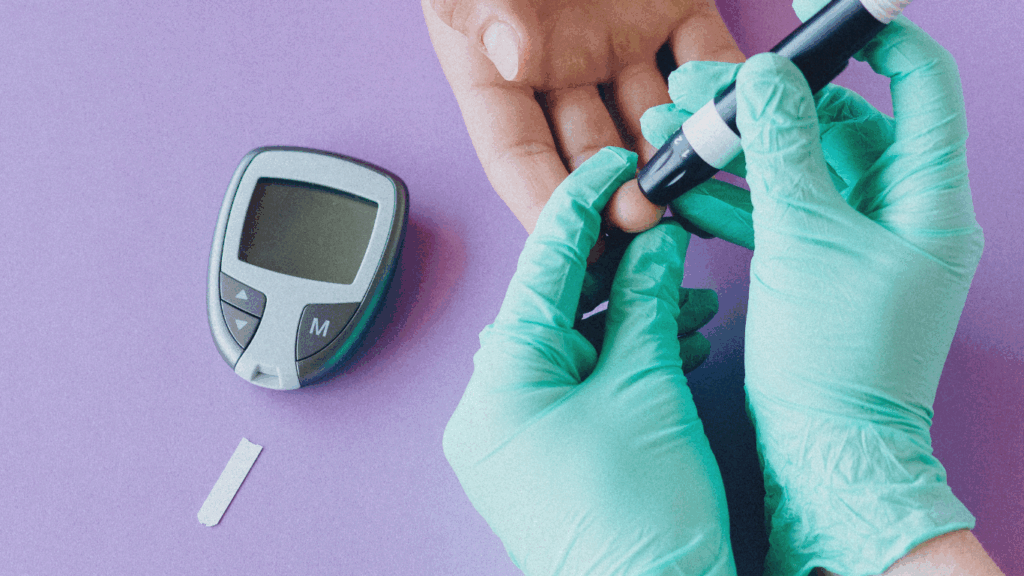Quick Summary
- Key Result: Intellia Therapeutics reports up to an 81% reduction in angioedema attacks for high-dose recipients in its Phase 2 trial.
- Therapeutic Potential: NTLA-2002 could become a one-time treatment option for hereditary angioedema (HAE).
- Trial Outcome: Eight out of eleven patients receiving a 50 mg dose achieved a complete response, experiencing zero attacks.
Intellia Therapeutics has shared promising results from its ongoing Phase 2 trial of NTLA-2002, an in vivo CRISPR-Cas9 gene-editing therapy designed as a potential one-time treatment for hereditary angioedema (HAE). HAE is a rare genetic disorder marked by sudden, severe swelling attacks that can affect various parts of the body. The current treatments often require frequent, ongoing administration, making Intellia’s one-time approach highly attractive for patients and healthcare providers alike.
Phase 2 Findings
The trial enrolled HAE patients who were administered either a 25 mg or 50 mg dose of NTLA-2002. In the 50 mg cohort, the therapy achieved an impressive 81% reduction in attack rates, with eight out of eleven patients experiencing a complete response—meaning they had no angioedema attacks at all during the observation period. Patients receiving the 25 mg dose also saw a 75% reduction in attacks, though fewer participants experienced a complete response compared to the 50 mg group.
The study results suggest that NTLA-2002 could effectively knock down levels of kallikrein, a protein that promotes inflammation in HAE. By significantly lowering kallikrein levels, the therapy could help prevent the characteristic swelling episodes of HAE. If successful in further trials, NTLA-2002 could transform HAE treatment, offering a potentially permanent solution through a single administration, an improvement over existing lifelong treatments that require frequent injections or infusions.
Next Steps and Future Implications
Based on the positive outcomes from this Phase 2 study, Intellia has initiated its Phase 3 HAELO trial to further evaluate NTLA-2002’s efficacy and safety in a larger patient population. If the Phase 3 trial results mirror the success seen in Phase 2, NTLA-2002 could become the first one-time, CRISPR-based therapy available for HAE, setting a precedent for gene editing as a treatment for genetic disorders.
Intellia’s achievement represents a significant milestone in the CRISPR field, with NTLA-2002 leading the way for gene-editing therapies targeting hereditary conditions. The possibility of a single, long-lasting treatment could shift the landscape for genetic disease management, not only in HAE but potentially for other genetic disorders as well.
References



